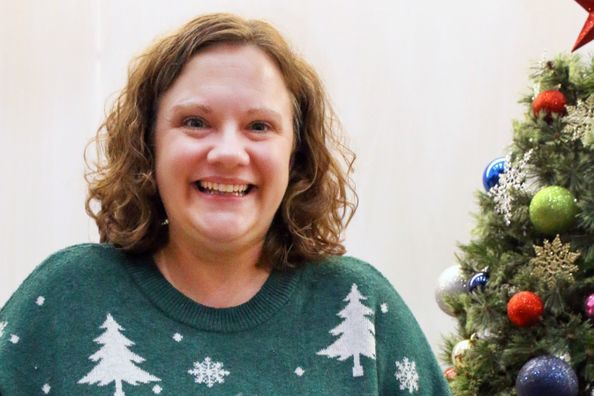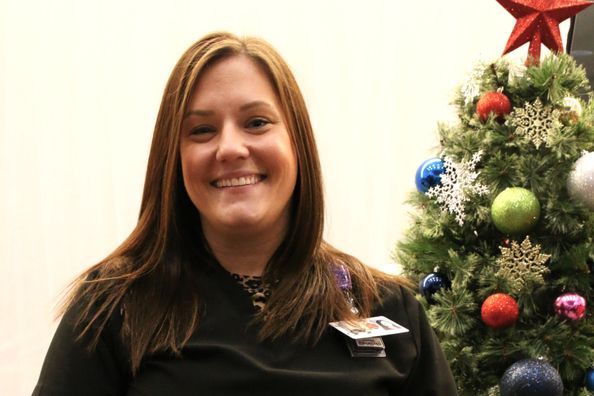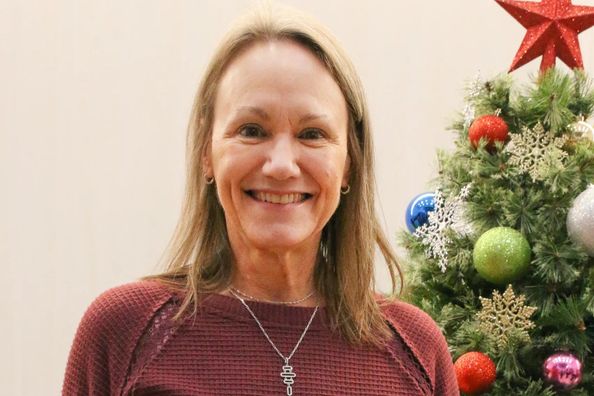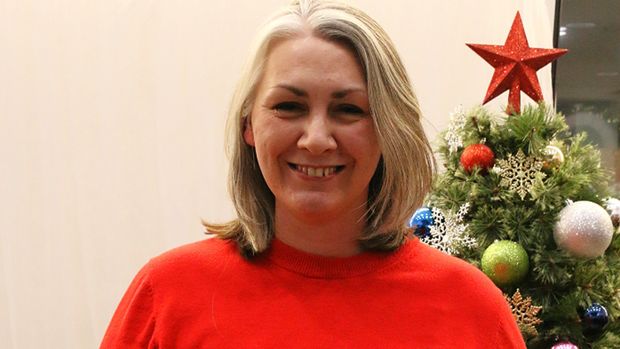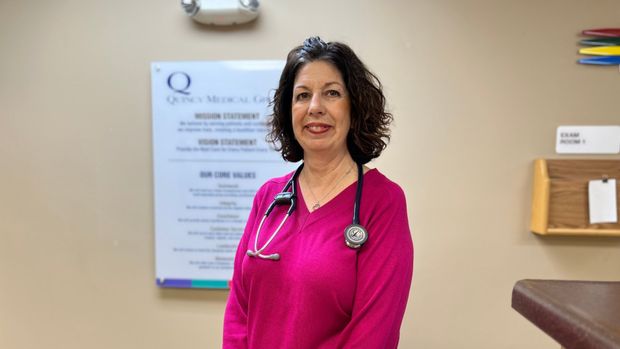
Registration Open for the 26th Annual Bridge the Gap to Health Race
The Quincy Medical Group Foundation is excited to announce that registration is now open for the 26th annual Bridge the Gap to Health Race on Saturday, May 9, 2026. Participants can choose from a 5K, 10K, or half marathon.

